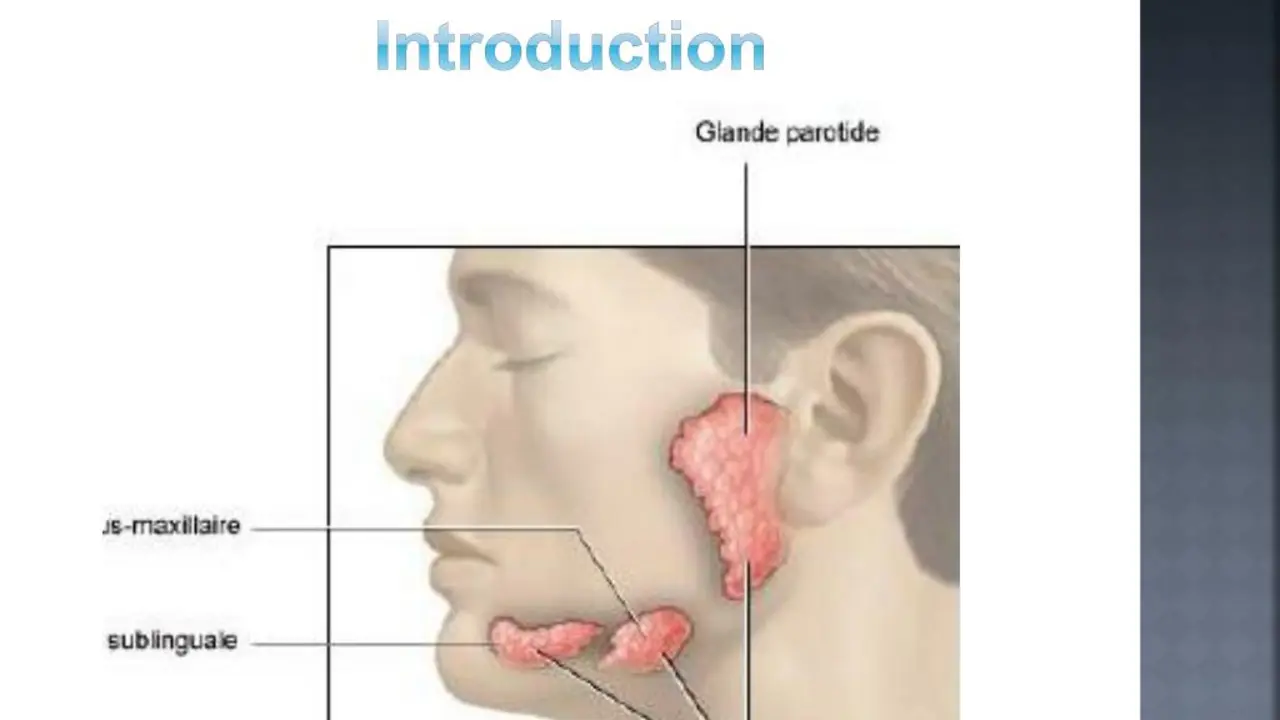If your mouth feels sticky, you’re not alone. Dry mouth, or xerostomia, can sneak up when you’re busy, sick, or taking certain meds. The lack of saliva isn’t just uncomfortable—it can lead to sore gums, bad breath, and trouble swallowing. Below you’ll find the most common culprits and easy, everyday tricks to get your saliva back in action.
Most people think dehydration is the only reason, but the list is longer. Here are the top triggers you should watch:
Spotting the cause helps you pick the right fix. If a drug is the issue, talk to your doctor—sometimes a dosage tweak or an alternative can make a big difference.
You don’t need a pharmacy for every solution. Try these simple habits first:
For a quick boost, a teaspoon of honey or a slice of fresh cucumber can coat your mouth and give relief without adding sugar.
When home tricks aren’t enough, over‑the‑counter saliva substitutes are worth a try. Look for products labeled “artificial saliva” or “mouth moisturizing spray.” They’re safe for most people and work well with dental care routines.
Remember to keep up with regular dental check‑ups. Your dentist can spot early signs of decay that often appear when saliva is low.
Dry mouth is usually manageable with a few lifestyle tweaks and a bit of awareness about meds that might be causing it. Try the suggestions above, and if the problem persists, schedule a chat with your healthcare provider. Your mouth will thank you.

Hey there! Today, we're diving into Sjogren's Syndrome and its noteworthy symptom, dry mouth. It's important to understand that this autoimmune disease not only affects the salivary glands causing dry mouth, but it may also impact other vital parts of the body. I want to help you comprehend how this condition works and unravel the possible ways to manage its symptoms. Get ready to get clued-up on Sjogren's Syndrome and what to know about dry mouth.
Read More